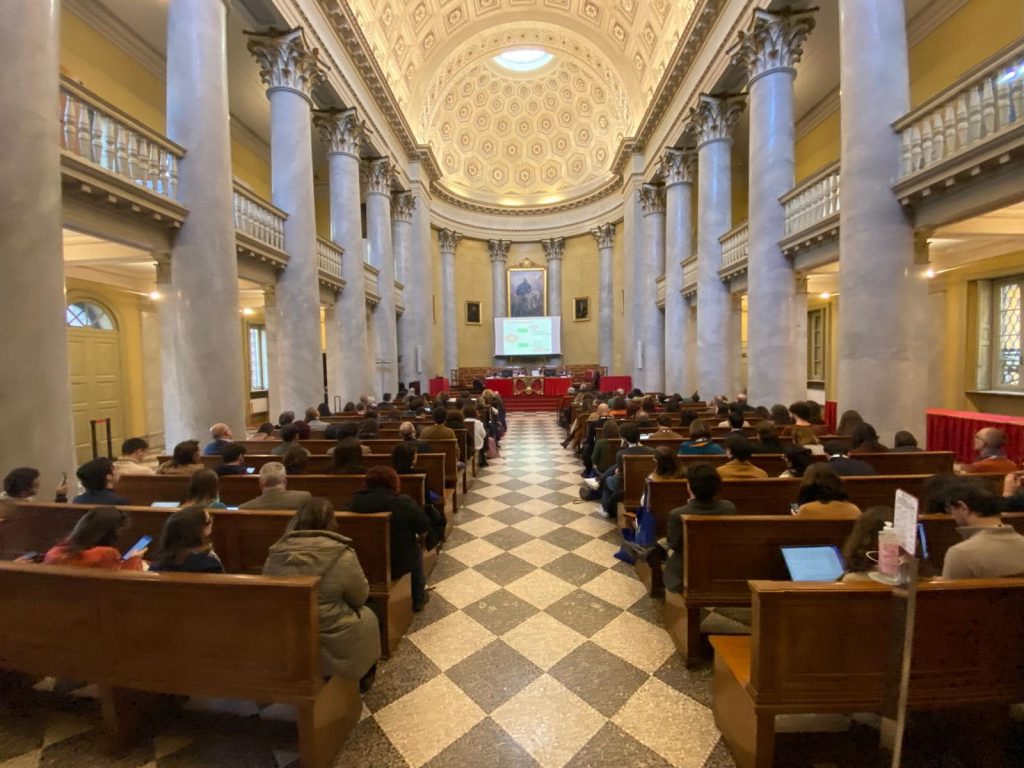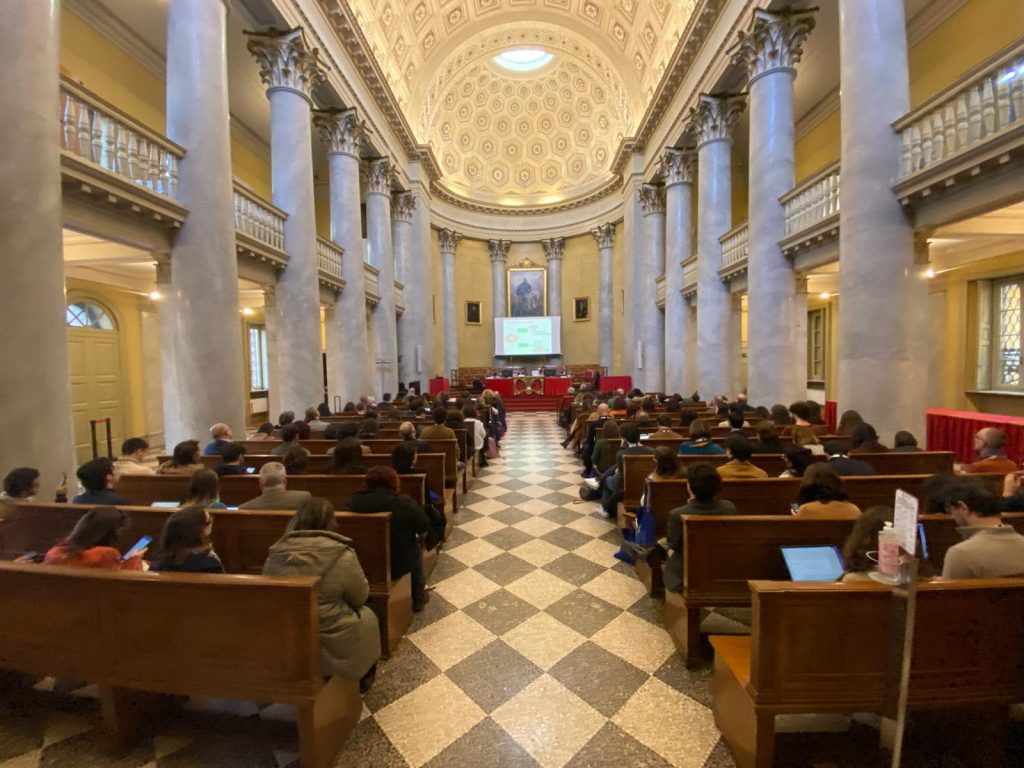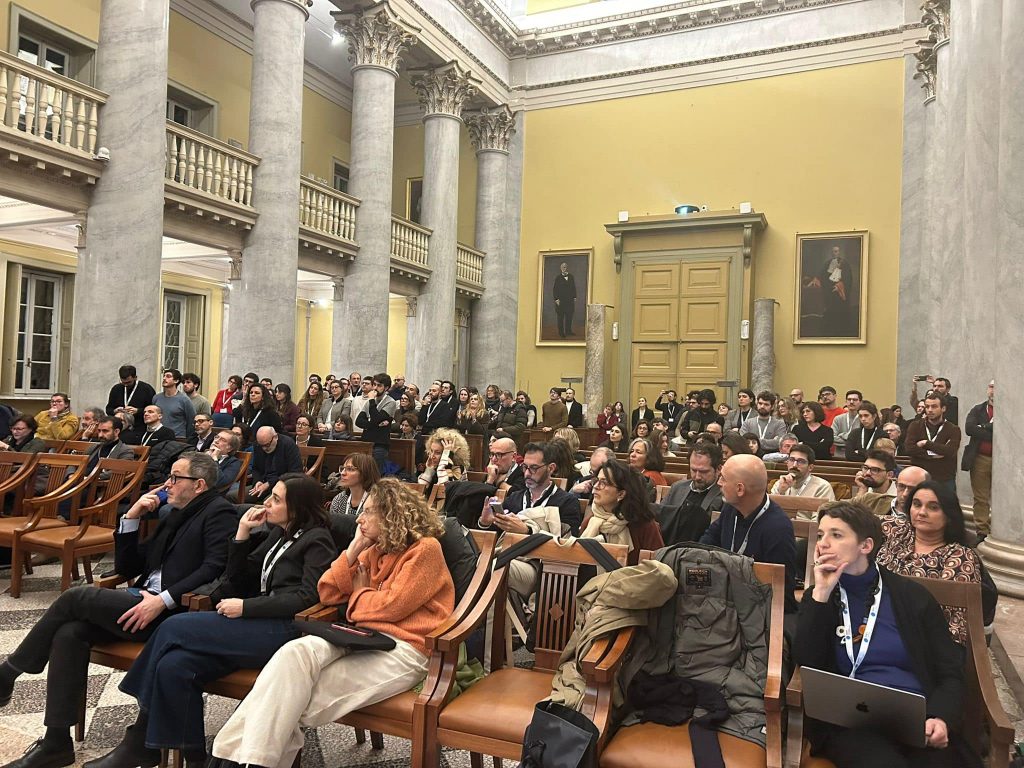
INCA researchers at IX SISEC – PAVIA 2025 Conference
From 29 January to 1 February, INCA members participated in the IX SISEC Conference. The event, held in Pavia (Italy), was entitled ‘Visible and invisible in changing capitalism: enterprises, labour, territories and policies’ and, over four days, became a space for reflection and a deeper exploration of different approaches.
Among the various presentations and discussions aimed at understanding the dynamics of contemporary capitalism were the contributions of two INCA researchers from UNIBO.
On the one hand, Mattia Frapporti delivered a speech entitled ‘The carbon footprint of digital infrastructure. Research paths to be ready for the AI revolution.’ He tackled the often underestimated issue of the carbon footprint of digital platforms. The goal was not only to focus on the present but also to outline research pathways in preparation for the AI revolution. So he proposed three research trajectories: firstly, the consumption of water and electricity; secondly, the impact of the supply chain underpinning the construction of data centres; and finally, the land consumption of the physical infrastructure of digital infrastructure.
On the other hand, Maurilio Pirone focused his intervention on the Amazon platform with a presentation entitled ‘Labour multiplication and algorithmic control: Amazon as an ecosystem.’ Amazon is a Big Tech company that, in recent years, has attracted significant attention from both the general public and the academic community due to its impact on labour, digital innovation, and territorial dynamics. Often these three aspects are analysed separately, but in his presentation, Maurilio Pirone proposed to hold together these three dimensions in the analysis of Amazon, proposing the concept of ecosystem as a point of view from which to frame the distribution and interrelation between different spaces and subjects. The materials presented were collected for the INCA project through 28 interviews with trade union workers, experts, policymakers, and managers.

